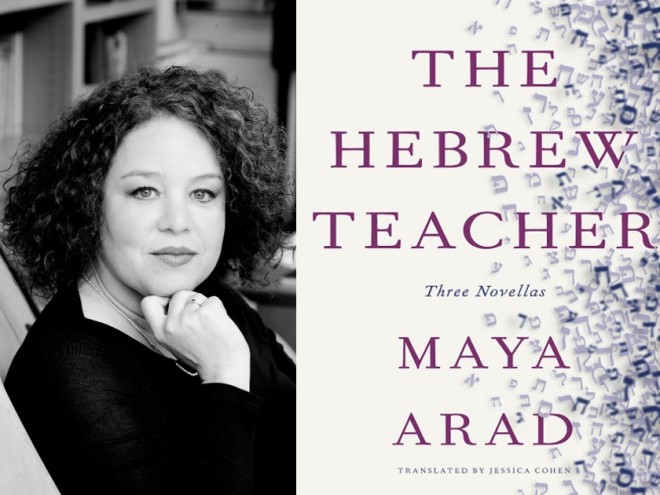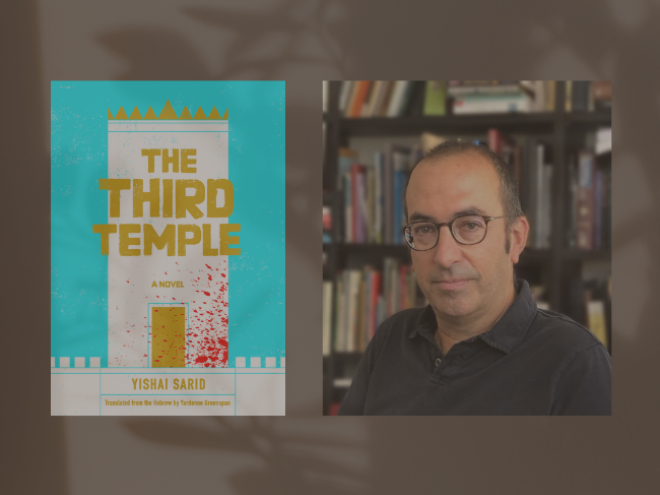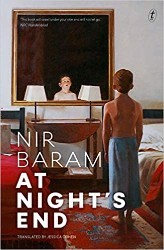Reading this collection of essays about Amos Oz is like attending a graduate colloquium, rich with information and ideas. Some of the nineteen chapters focus on specific books or topics; others take a wider view. Yet each sheds new light on Oz’s work from its own perspective.
Professor Sidra DeKoven Ezrahi empathizes with Oz’s characters, particularly with Hannah, the suffering wife in My Michael. Professor Nissim Calderon, on the other hand, feels that “Oz was not trying to understand Hannah” and that “the characters verge on caricature.” It’s perhaps a strange response to a work that the scholar and literary critic Nitza Ben-Dov compares to Madame Bovary.
Liam Hoare explores the persistent influence of European culture on Amos Oz’s writing. “Europe and the Holocaust are always there in the early works,” he observes, adding that a number of Oz’s characters “have moved to a new homeland only to discover that one cannot leave behind the ghosts of the old one.”
Professor Adam Rovner’s insightful analysis of two stories, Mr. Lavi and Panther in the Basement, calls attention to a device that recurs in Oz’s fiction: an adult narrator whose focal point in the story is his childhood self. Oz thereby creates “an enchanted world of adolescent power fantasies.”
Professor Avraham Balaban, who knew Oz at Kibbutz Hulda, sensitively observes that Oz “was working hard to accomplish something that came naturally to the other kibbutz kids.” Yet Oz, who joined the kibbutz at age fifteen, once told Balaban, “For you, Hulda was hell. For me, it was redemption.”
Stanford University’s Vered Karti Shemtov, a respected authority on Oz, cites several examples of how he viewed the Arab-Israeli conflict as “not a Hollywood Western, pitting good against bad, but a tragedy of justice against justice … a Chekhov tragedy, where everybody is embittered, grumpy, disillusioned, but alive.” She concludes that Oz “will be most likely remembered, and rightly so, as one of Israel’s loudest and most eloquent voices for peace.”
By contrast, Jewish Currents writer Joshua Leifer sees Oz’s work as “a production of hegemonic Israeliness.” Leifer — who refers to Israel as “a settler-colonial polity” — calls Oz “an unambiguously political author” who “enjoyed proximity to power.” He outright rejects Oz’s declaration that “novels for me have never been a political vehicle,” and argues that the novel Black Box “is a political allegory, however much Oz would like to avoid it.” But Professor Ranen Omer-Sherman, the editor of this book, maintains that “Oz the polemicist never overrules the imaginative artist.”
Poet and novelist Moriel Rothman-Zecher, who believes the two-state solution is dead, wonders whether Oz would continue to believe in it were he still alive. Sam Sussman, an award-winning writer, suggests the answer is no. He sees Oz’s last novel, Judas, as pointing to an alternative paradigm that might be, or might once have been, preferable to a two-state solution.
A special highlight of this book is its final entry: a heartfelt, beautifully written reminiscence of Oz by his elder daughter and occasional collaborator, the scholar Fania Oz-Sulzberger. Her warm recollections of kibbutz life, and of her emotionally sensitive father, are priceless. She recalls his intellectual influences, his sense of humor, his sheer love for fellow human beings, and the women in his life who brought him “redemption.”
Any serious admirer of Amos Oz’s extraordinary body of work will find much to ponder and enjoy in this thought-provoking anthology.
Bob Goldfarb is President Emeritus of Jewish Creativity International.





